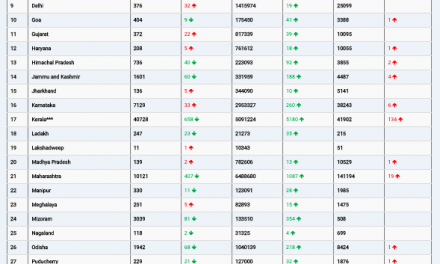April 8, 2024
The mystery behind the remarkable cognitive abilities of Japanese centenarians might be unraveling, thanks to groundbreaking research shedding light on the powerful impact of the traditional Japanese diet on brain health. While genetics and healthcare have long been attributed to the longevity and cognitive sharpness of Japan’s elderly population, a new study suggests that the country’s unique dietary habits could hold the key to preserving brain function as we age.
As we journey through life, our brains naturally undergo changes, including some degree of shrinkage associated with cognitive decline. However, lifestyle factors, particularly diet, have emerged as crucial determinants in mitigating these effects. Drawing parallels with the well-known Mediterranean diet, renowned for its brain-boosting properties, researchers have now turned their attention to the dietary habits of the Japanese population.
The traditional Japanese diet, characterized by its simplicity, reliance on natural ingredients, and emphasis on seasonal produce, presents a stark contrast to the fast-food culture prevalent in many Western societies. Rice, seafood, fruits, vegetables, and fermented foods like miso and pickles form the cornerstone of this culinary tradition, offering a wealth of nutrients that promote overall health and well-being.
In a study conducted by experts at the National Center for Geriatrics and Gerontology, over a thousand Japanese adults were meticulously analyzed to investigate the potential link between dietary patterns and brain aging. The results were striking: women who adhered to the traditional Japanese diet exhibited less brain shrinkage over a two-year period compared to those following a Western diet. While the protective effects were less pronounced in men, the findings underscored the significant influence of dietary choices on brain health.
The benefits of the Japanese diet extend beyond mere sustenance, offering a veritable feast of nutrients essential for cognitive function. Omega-3 fatty acids from fish, antioxidants from green tea and fruits, and phytoestrogens from soy products play pivotal roles in reducing cognitive decline, protecting against oxidative stress, and preserving brain structure.
Moreover, the holistic approach of the Japanese lifestyle, encompassing physical activity and mental wellness practices, complements the dietary advantages, reinforcing the importance of a well-rounded approach to brain health.
In essence, the traditional Japanese diet emerges as a potential “super brain food,” offering a bounty of benefits that extend far beyond the dinner table. As the global population ages and concerns about cognitive health escalate, the lessons gleaned from Japan’s culinary heritage serve as a beacon of hope, guiding us towards a future where aging gracefully and maintaining mental acuity go hand in hand.
The study, published in the Nutrition Journal, underscores the pivotal role of dietary choices in preserving cognitive function and offers invaluable insights into harnessing the power of food to nourish both body and mind.












